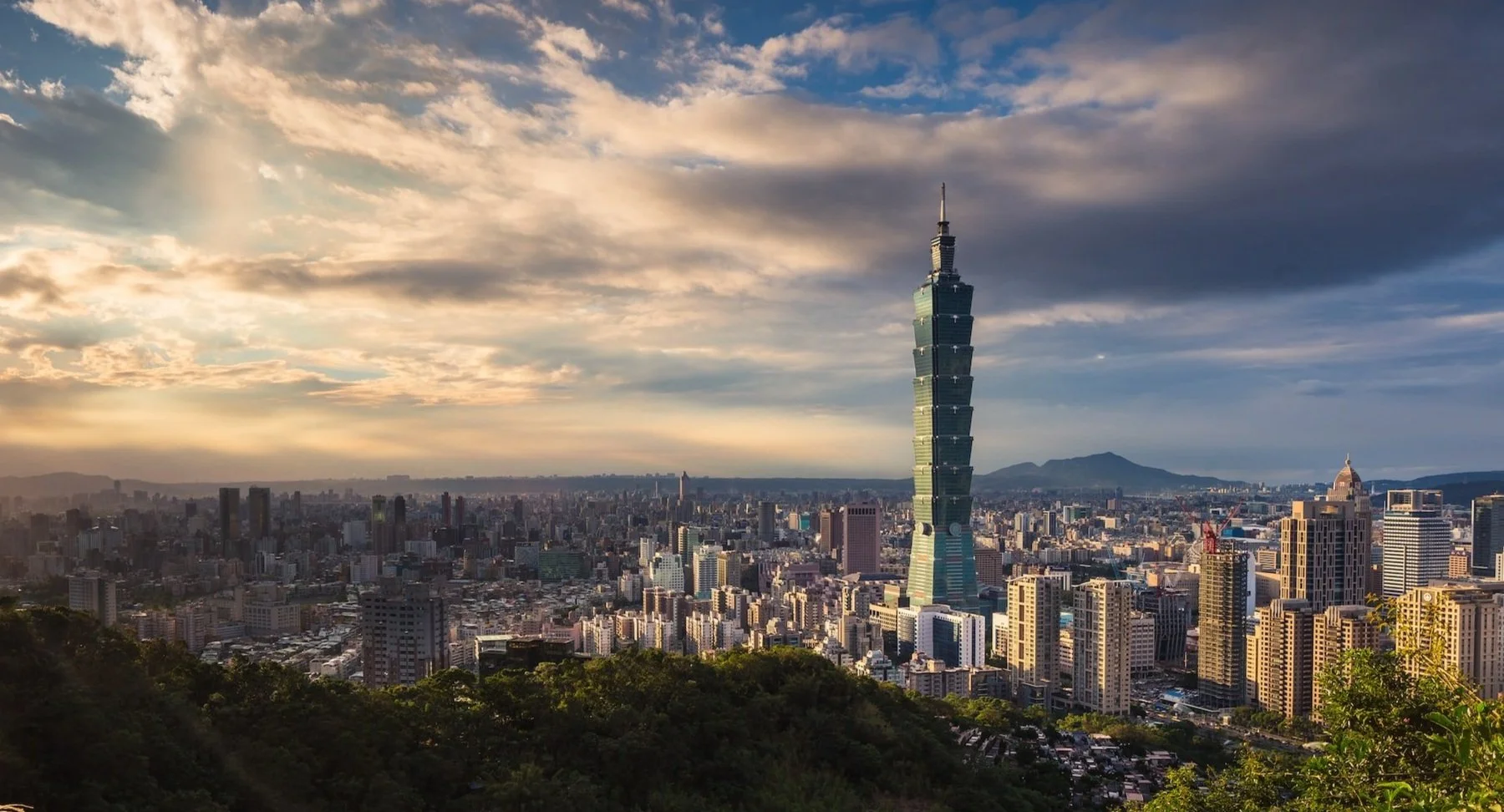During the civil rights protests of the 1960s, many pieces of legislation were passed to better secure rights for minority groups. Such legislation included the Civil Rights Act of 1964 and the Voting Rights Act of 1965. Recently, however, civil rights legislation has come under attack with the Supreme Court’s decision in Cummings v. Premier Rehab Keller P.L.L.C (2022). In Cummings, the Court ruled that emotional distress damages—obtainable through Title VI of the Civil Rights Act—are not recoverable. [1] The Court’s ruling erects new barriers in the paths of victims who simply want to feel whole after being discriminated against. Thus, the crux of civil rights legislation is suppressed as victims will not be able to seek justice even though “emotional injury is often the primary, and at times the only, harm caused by discrimination.” [2]
Read More“Weeping in the wind, the orphan of Asia / There is scarlet mud on his yellowish face / There is White Terror in his dark pupils / And there is West Wind whistling the sad song in the East.” As Lo Ta-yu lamented in his song “The Orphan of Asia,” Taiwan in the 1980s suffered an identity crisis, drifting between the Nationalist Party’s urge to reclaim mainland China and the inhabitants’ will to put down roots on the island—all amidst the Chinese Communist Party’s (CCP) intensifying efforts to subjugate the island. An abandonment sentiment began to brew, and today, it has amplified in more concrete ways: the denied entry to the United Nations (UN), the constant terror of an imminent Chinese invasion, and the lack of recognition from the international community.
Read MoreThey say desperate times call for desperate measures. Yet is this concept applicable in law? Women protesting against the unconstitutional abortion ban in Poland found out the hard way. On October 22, 2020, women in Poland were stripped of their rights to abortion. According to the new amendment to the Parliamentary Act on Family Planning, the Protection of Human Feti, and the Conditions Permitting the Termination of Pregnancy of January 7, 1993, the procedure is also penalized when carried out in accord with medical recommendations on embryo-pathological premises. [1]
Read MoreArab Americans are categorized as “White” on the United States Census. Yet, the vast majority of reputable public opinion studies show that anti-Arab sentiment has rapidly grown in the past two decades, setting Arab Americans apart as a discriminated minority. After the 2001 attacks on the World Trade Center, Arabs and Muslims faced a sharp increase in hate crimes and ingrained cultural distaste. Studies show that the media also played a role in establishing disingenuous narratives surrounding Arab Americans in the wake of 9/11. [1]
Read MoreAs the United States and China battle over global influence, some experts and politicians have begun calling the growing tension between the two superpowers a “new Cold War.” [1] American enmity towards the Chinese government has, unfortunately, affected the judgment of the U.S. intelligence community towards American citizens of Chinese descent, who have often been characterized as sympathizers and even spies of the Chinese government. On June 15, 2022, top intelligence officials, in a new Office of the Director of National Intelligence (ODNI) report, acknowledged that they may collect more phone calls from Chinese Americans in order to combat Chinese espionage. [2]
Read MoreIn November 2020, Californians voted to pass Proposition 22 (Prop 22), a ballot initiative to exclude ride-hail and food-delivery app-based workers from practically all employee rights under state law, including the right to a minimum wage, expenses reimbursement, and unemployment compensation. [1] The ballot initiative was largely a response to California Assembly Bill 5 (AB5), which required companies to extend employee classification to some gig workers who previously held independent contractor (IC) status.
Read MoreWith the outbreak of hostilities in the Russo-Ukrainian War, the arrival and participation of foreign volunteer fighters has been one of the defining characteristics of the conflict. According to a March 2022 statement by the Ukrainian Foreign Minister, Dymetro Kuleba, over 20,000 volunteers have joined the Ukrainian armed forces, of which an estimated several thousand are American citizens. [1] Despite the uncertainty about precise numbers, it is important to consider the legality under U.S. law of U.S. citizens volunteering in foreign nations. Throughout the two and a half centuries during which American volunteers have participated in foreign wars, there have been a series of acts by Congress and rulings by the Courts on the legality of such participation.
Read MoreFrom the spread of solar panels to the proliferation of compostable wrappers, climate change is changing our lifestyles in unprecedented ways. The public sphere is no exception: every executive department from Homeland Security to Treasury has begun to rethink its operations as the Earth heats up. [1] Yet, one initiative overseen by the Department of the Interior (DOI) is of singular importance in the battle against climate change—the federal fossil fuel leasing program. [2] Under the program, private companies purchase leases from the federal government that permit them to extract oil, gas, and coal from public lands and waters. [3] In 2018, the Bureau of Land Management (BLM), the agency tasked with approving land-based fossil fuel leases, authorized ConocoPhillips’s Willow Project, one of the single largest oil and gas drilling projects to be proposed on federal lands. [4]
Read MoreAbout 10 to 15 percent of students at Ivy League universities are the children of alumni. [1] Commonly known as “legacies,” they are often favored in the application process to encourage alumni ties and donations. [2] Between 2014 and 2019, Harvard accepted legacies at a rate of 33 percent, more than five times its overall acceptance rate. [3] In addition, 70 percent of Harvard’s legacy applicants are white. [4] This is hardly surprising: historically, the alumni of selective American universities like Harvard have been disproportionately white. [5] Yet, this racial disparity reveals the discrimination underlying legacy admissions that preserves and perpetuates historical inequalities in higher education.
Read More








